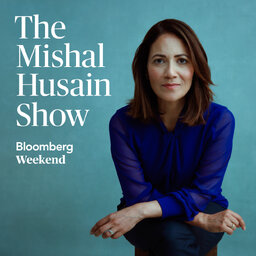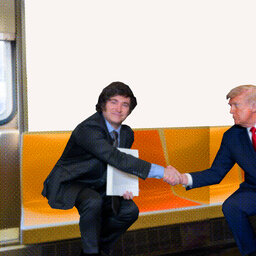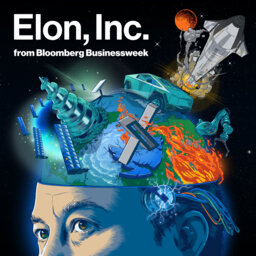Elon Implants a Brain Chip, Deepfakes Break X
Since 2019, Musk has promised that his company Neuralink, which is developing computer chips to be implanted in people’s brains, was close to performing an experimental surgery on it first human subject. And yesterday he could at last announce: “The first human received an implant from @Neuralink yesterday and is recovering well” Having finally delivered on his prediction, Musk used the occasion to tease a proposed product name, Telepathy. To discuss Neuralink’s achievement, Bloomberg tech reporter Sarah McBride joins the crew.
Also, Kurt Wagner analyzes X’s recent struggles with AI-powered revenge porn, and Dana Hull follows up on last week's Tesla earnings bingo.
In 1 playlist(s)
Elon, Inc.
Elon Musk’s sprawling business empire has granted the billionaire a degree of power and global influ…Social links
Follow podcast
Recent clips

Introducing: The Mishal Husain Show
02:19

Everybody's Business: Will the Shutdown Lead to DOGE 2.0?
42:18

Everybody's Business: Elon Inc's Host Explains the Mess in Argentina
42:48
 Elon, Inc.
Elon, Inc.